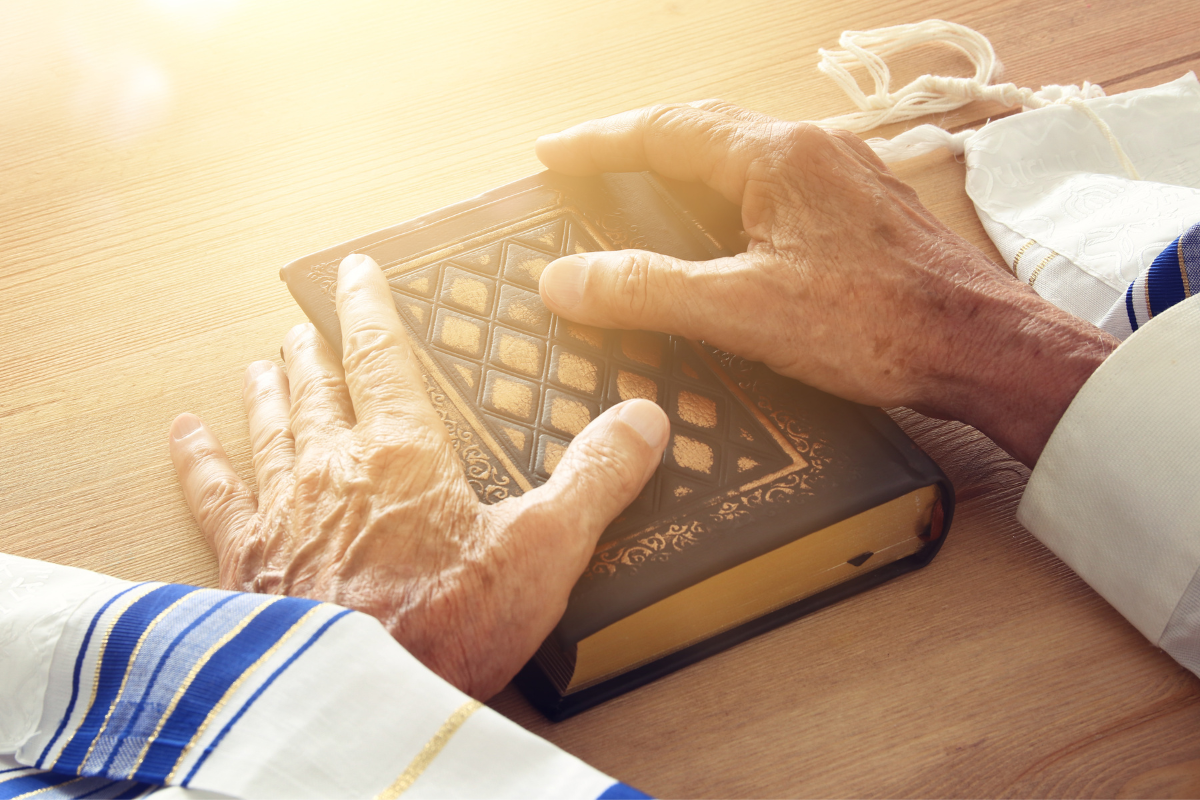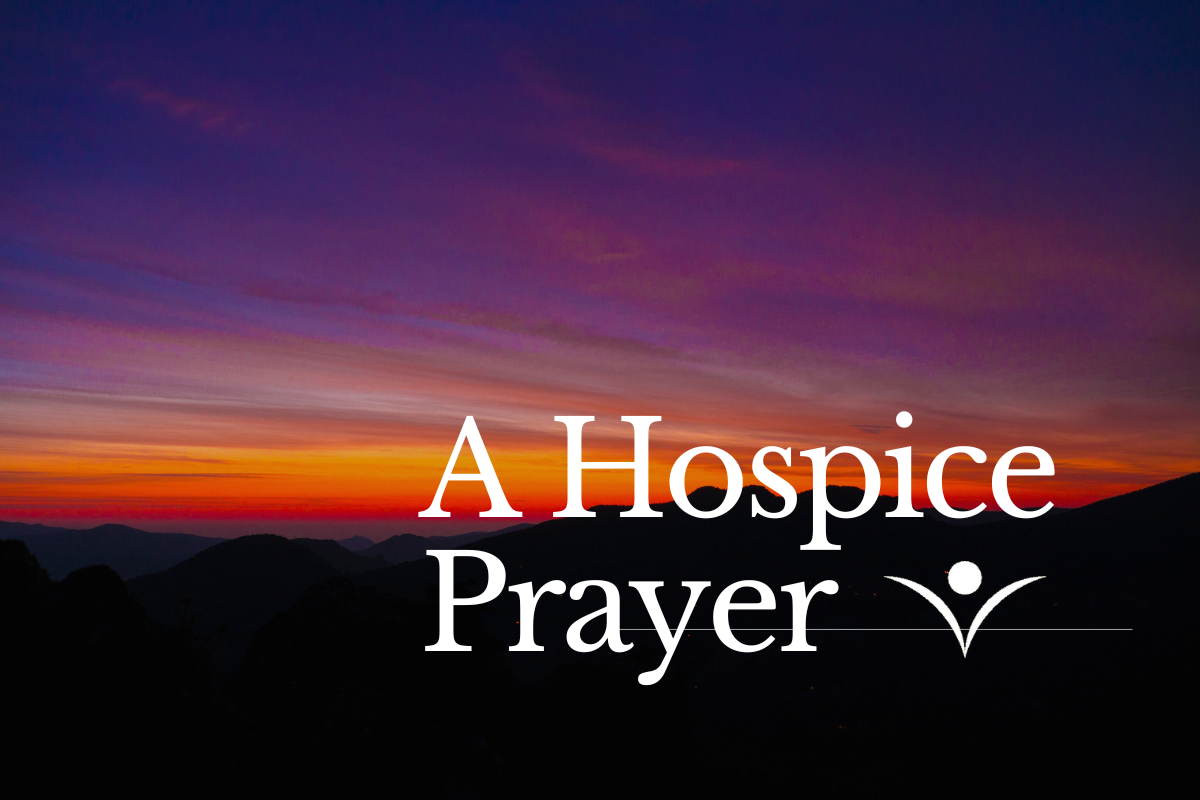The Slow Medicine of the Soul


Hospice work moves fast. A person is given a diagnosis of six months or less to live. The team moves in with rapid pace: managing medications and equipment for comfort; assessing emotional and spiritual needs; swiftly building trust to provide intimate personal care; creating a holistic environment for patient and family to move through this short time.
Bereavement moves in, too, and stays on through all the changes and uncertainties to come. We know what we’re doing; we’re prompt, thorough, always responsive and available. We are hurried because we don’t have much time in which to work and we want the best for our patients: even a special day, a thank you for their military service, birthday and anniversary celebrations.
And then a pandemic hits.The team loses two thirds of its hands-on staff: no volunteers, event coordinators, social workers, chaplains, even nursing and STNA visits are limited or carefully controlled.
But truth be told, this full stop created by COVID-19 restrictions has shown us that the spiritual life does not operate at high speed.
Although hospice care needs to be prompt, thorough and responsive, spiritual care – as a discipline – stands out as the slow medicine of the soul. Chaplains walk where the patient and family need to go; they listen as they come to grips with what life is handing them, seeing what they haven’t seen before. That process is never fast paced and having to step back from a time stamped work environment helps us all address our work with more care, less rapid-fire accomplishments and more slow-paced intuitive outreach to the full circle of patient caregivers.
It is true that the physical care nurses and STNAs delivers immediate solutions for our patients’ mortal needs. It is equally true that the soul work chaplains offer invites more discovery than solutions. The care chaplains offer is not a product to be delivered; it is a grace of inner growth and realization that is encountered. When we really slow down, listen and attend to our patients and families – whatever they may be coping with – then we are engaged in an inner grace. And that requires working at an unhurried, more deliberate pace.
We cannot rush self-awareness or forgiveness or love or grief, all of which is the work of spiritual care. The wise Joan Chittister once said, “The faster we go, the more we leave ourselves behind.” When spiritual care forgets this and gets drawn into the rush of the work, we forget what is most unique to what we offer the team.
This life we live reveals the sacred to us in exactly what we are experiencing: joy and sorrow, health and illness, stability and change, life and death. It is a circle of movement and meaning. Move too fast and we miss the depth and complexity of it all.
Marie Phillips
Chaplain
Crossroads Hospice & Palliative Care




